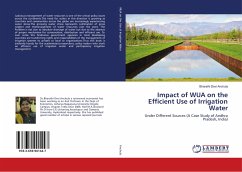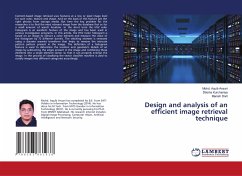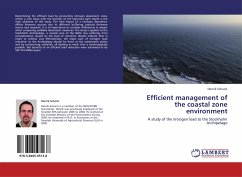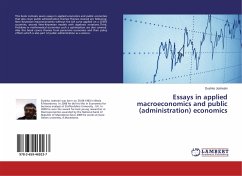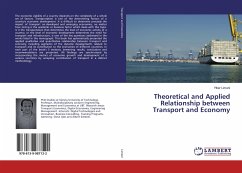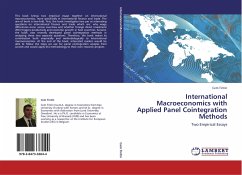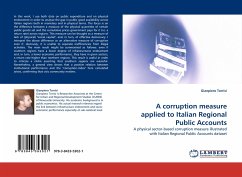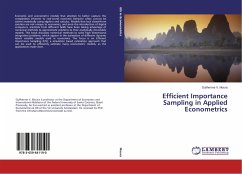
Efficient Importance Sampling in Applied Econometrics
Versandkostenfrei!
Versandfertig in 6-10 Tagen
41,99 €
inkl. MwSt.

PAYBACK Punkte
21 °P sammeln!
Economic and econometric models that attempt to better capture the complexities inherent to real-world economic behavior often cannot be solved analytically using algebra and calculus. Models that lack closed-form solution are not unique to economics, and since the introduction of digital computers, scientists from different fields have been taking advantage of numerical methods to approximate solutions to their analytically intractable models. This book discusses numerical methods to solve high dimensional integration problems, which appear in the estimation of different dynamic latent variab...
Economic and econometric models that attempt to better capture the complexities inherent to real-world economic behavior often cannot be solved analytically using algebra and calculus. Models that lack closed-form solution are not unique to economics, and since the introduction of digital computers, scientists from different fields have been taking advantage of numerical methods to approximate solutions to their analytically intractable models. This book discusses numerical methods to solve high dimensional integration problems, which appear in the estimation of different dynamic latent variable models used in economics. The focus is on Efficient Importance Sampling (EIS), a simulation based estimation approach that can be used to efficiently estimate many econometric models, as the applications make clear.




